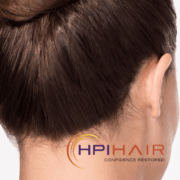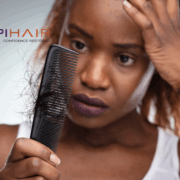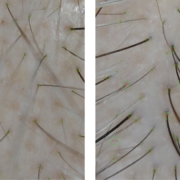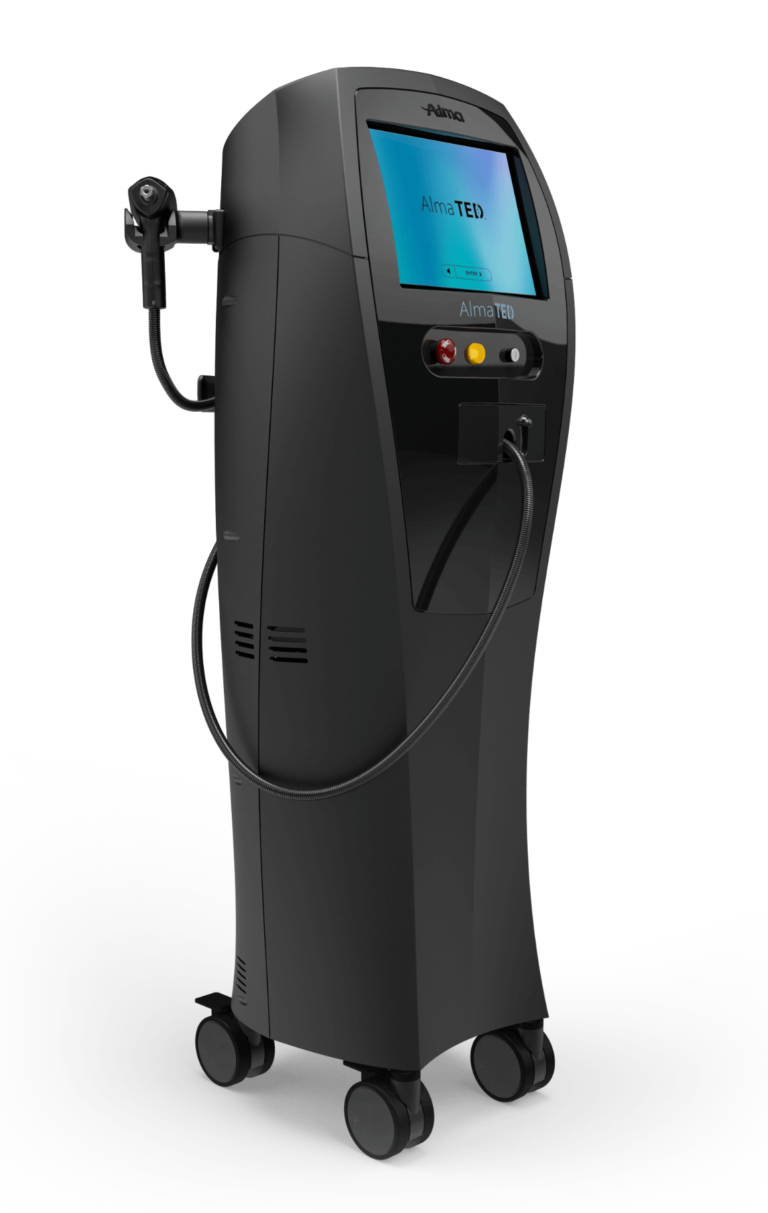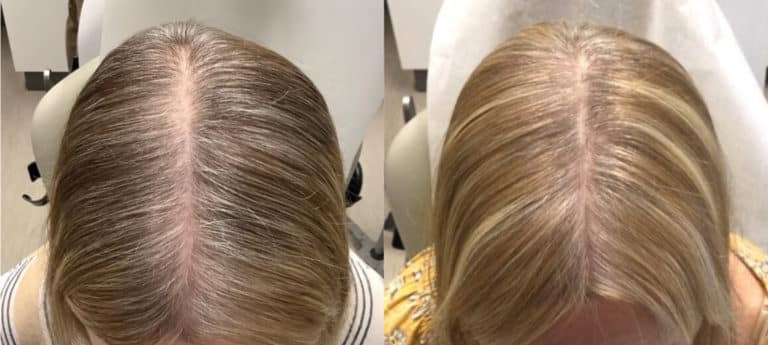Thyroid Hair Loss In Women in Nolensville, TN
Expert solutions for distressing thyroid hair loss in women. Learn more.
Thyroid hair loss can be a distressing experience for many women. If you’ve been noticing excessive hair shedding or thinning, it’s essential to understand the relationship between thyroid function and hair health. At our clinic in Nolensville, TN, we specialize in providing comprehensive care for women experiencing thyroid-related hair loss. In this guide, we’ll explore the causes, symptoms, and treatment options for thyroid-related hair loss, aiming to help you regain confidence and make informed decisions about your hair health.
Acknowledging Thyroid Hair Loss
Thyroid hair loss, also known as thyroid-related alopecia, is a common symptom of thyroid disorders such as hypothyroidism and hyperthyroidism. The thyroid gland plays a crucial role in regulating metabolism, energy levels, and growth, including the hair growth cycle. When the thyroid is not functioning optimally, it can disrupt the hair growth cycle, leading to hair thinning and shedding.
Causes of Thyroid Hair Loss
The main causes of thyroid-related hair loss in women include:
1. Hormonal Imbalance: Fluctuations in thyroid hormone levels can directly impact the hair follicles, leading to hair loss.
2. Nutrient Deficiencies: Thyroid disorders can affect nutrient absorption, leading to deficiencies in essential vitamins and minerals crucial for healthy hair.
3. Autoimmune Factors: Conditions such as Hashimoto’s thyroiditis, an autoimmune disease, can trigger inflammation and damage to the hair follicles.
Symptoms of Thyroid Hair Loss
Recognizing the symptoms of thyroid-related hair loss is vital for early intervention and effective management. Common symptoms include:
1. Generalized Hair Thinning: Noticeable thinning of hair, particularly at the crown or along the part line.
2. Excessive Shedding: Increased hair shedding during washing, brushing, or throughout the day.
3. Changes in Hair Texture: Dry, brittle, or easily breakable hair due to thyroid-related disruptions in the hair growth cycle.
Treatment Options for Thyroid Hair Loss
Effective management of thyroid-related hair loss often involves a multi-faceted approach tailored to individual needs. Treatment options may include:
1. Thyroid Hormone Replacement Therapy: Balancing thyroid hormone levels with medication prescribed by a healthcare professional.
2. Nutritional Support: Addressing nutrient deficiencies through dietary changes and supplementation to support hair health.
3. Lifestyle Modifications: Incorporating stress-reducing practices and adopting a healthy lifestyle to support overall well-being and hair growth.
Finding Support and Solutions in Nolensville, TN
If you’re experiencing thyroid-related hair loss, our clinic in Nolensville, TN, is dedicated to providing personalized care and support for women. Our team of experienced healthcare professionals specializes in diagnosing and treating thyroid disorders, offering comprehensive solutions to address thyroid-related hair loss from a holistic perspective. We understand the impact of hair loss on your confidence and overall well-being, and we’re committed to helping you regain healthy, vibrant hair.
The essence
Thyroid-related hair loss in women can be a challenging and emotionally taxing experience, but with the right support and treatment, it’s possible to address the underlying causes and restore hair health. nderstanding the connection between thyroid function and hair growth, women can take proactive steps to manage and overcome thyroid-related hair loss, leading to improved confidence and quality of life.

